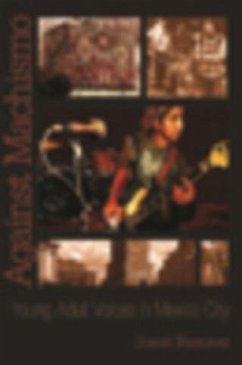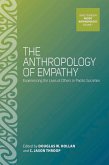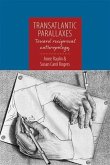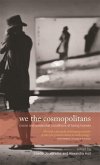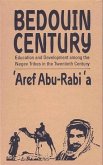Based on fieldwork conducted among middle-class university students primarily at the national university (UNAM) in Mexico City, this study explores gender relations as reflected in the words macho and machismo. The author concludes that the students use them to denote aspects of their families of origin that they consider unfavorable and aspects of the cultural past that they wish to leave behind in their own lives. In capturing the lively and revealing conversations of these young voices, the author offers a compelling analysis of how gender concepts and identities are changing in contemporary Mexico City.
Dieser Download kann aus rechtlichen Gründen nur mit Rechnungsadresse in A, B, BG, CY, CZ, D, DK, EW, E, FIN, F, GR, HR, H, IRL, I, LT, L, LR, M, NL, PL, P, R, S, SLO, SK ausgeliefert werden.

